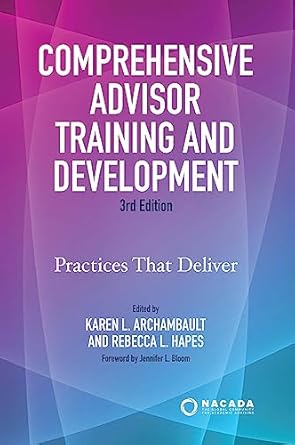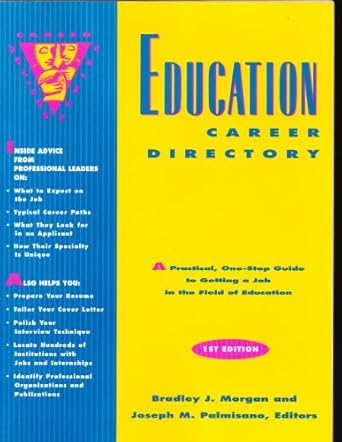Career advisors, also known as career counselors or guidance counselors in educational settings, play a pivotal role in helping students navigate their future paths. Typically found in high schools and sometimes in middle or elementary schools, these professionals assist young people in understanding their personal strengths, interests, and potential career options.
They act as a bridge between academic life and the professional world, providing tailored guidance to ensure students make informed decisions about their education and future employment.
Key Responsibilities of Career Advisors in schools have a multifaceted role that integrates personal development with practical planning. Their primary duties include:
Assessing Student Strengths and Interests: Advisors use tools like assessments, interviews, and discussions to help students identify their skills, values, and passions. This process helps predict satisfaction and success in various fields.
For instance, they might administer interest inventories or personality tests to align students' profiles with suitable careers.
Providing Career Exploration Resources: They offer information on job markets, industry trends, and emerging opportunities. This includes workshops, career fairs, and access to online platforms where students can explore fields like technology, healthcare, or the arts.
Advisors also inform students about labor market data, such as job growth rates and salary expectations, to ground their choices in reality.
Guiding Educational Decisions: A significant part of their work involves advising on course selections, college applications, vocational training, or apprenticeships. They help students create study plans that align with long-term goals, such as recommending STEM classes for those interested in engineering.
Individual and Group Counseling: Advisors conduct one-on-one sessions to address personal concerns, like overcoming barriers or building self-efficacy, and group activities to foster peer learning. They also support students in resume building, interview preparation, and networking.
Linking Curriculum to Careers: Effective advisors integrate career guidance into the broader school curriculum, showing how subjects like math or literature relate to real-world jobs. This holistic approach ensures that career advice is not isolated but embedded in daily learning.
In some regions, like Ohio, career advising is formalized through policies that emphasize an integrated process, starting as early as middle school to build foundational awareness.
Organizations such as the National Career Development Association (NCDA) even offer specialized training for school career development advisors to prepare students for managing their careers from K-12.
The Importance of Career Advisors in Schools In a rapidly changing job market influenced by automation, globalization, and technological advancements, career advisors are more essential than ever. They empower students to discover paths that resonate with their abilities, reducing the risk of mismatched careers and increasing overall life satisfaction.
Research and expert opinions highlight that strong career guidance programs boost self-confidence, academic motivation, and transition success into post-secondary education or work.
For example, advisors help address individual needs, ensuring that underrepresented or disadvantaged students receive equitable support.
They also play a crucial role in fostering purpose and resilience, as noted in studies where guided students report higher self-efficacy.
Without such guidance, students might rely on outdated advice from family or peers, leading to suboptimal choices. Career counseling in schools thus acts as a preventive measure against unemployment or underemployment by aligning education with market demands.
How Career Advice Works in Practice Schools often follow structured frameworks, such as the Gatsby Benchmarks in the UK, which outline eight standards for quality careers education. These include stable programs, personalized advice, and encounters with employers.
In the U.S., the American School Counselor Association (ASCA) emphasizes career development as a core component of school counseling, integrating it with academic and social-emotional support.
A typical day for a school career advisor might involve meeting with students, organizing events, collaborating with teachers, and staying updated on trends.
However, experiences vary; some students find it transformative, while others report it as generic or unhelpful, depending on the advisor's resources and engagement.
Challenges and Future Outlook Despite their value, career advisors face challenges like heavy caseloads, limited funding, and the need to keep pace with evolving industries. In some schools, advisors juggle multiple roles, which can dilute focus. Moving forward, incorporating technology—such as AI-driven career tools—and partnerships with businesses could enhance effectiveness.
In conclusion, career advisors in schools are indispensable guides who help shape the next generation's workforce. By providing informed, personalized support, they not only aid in career selection but also contribute to personal growth and societal progress. Schools investing in robust career guidance programs ultimately empower students to pursue fulfilling futures aligned with their dreams.
 |  |  |
 |  |  |
